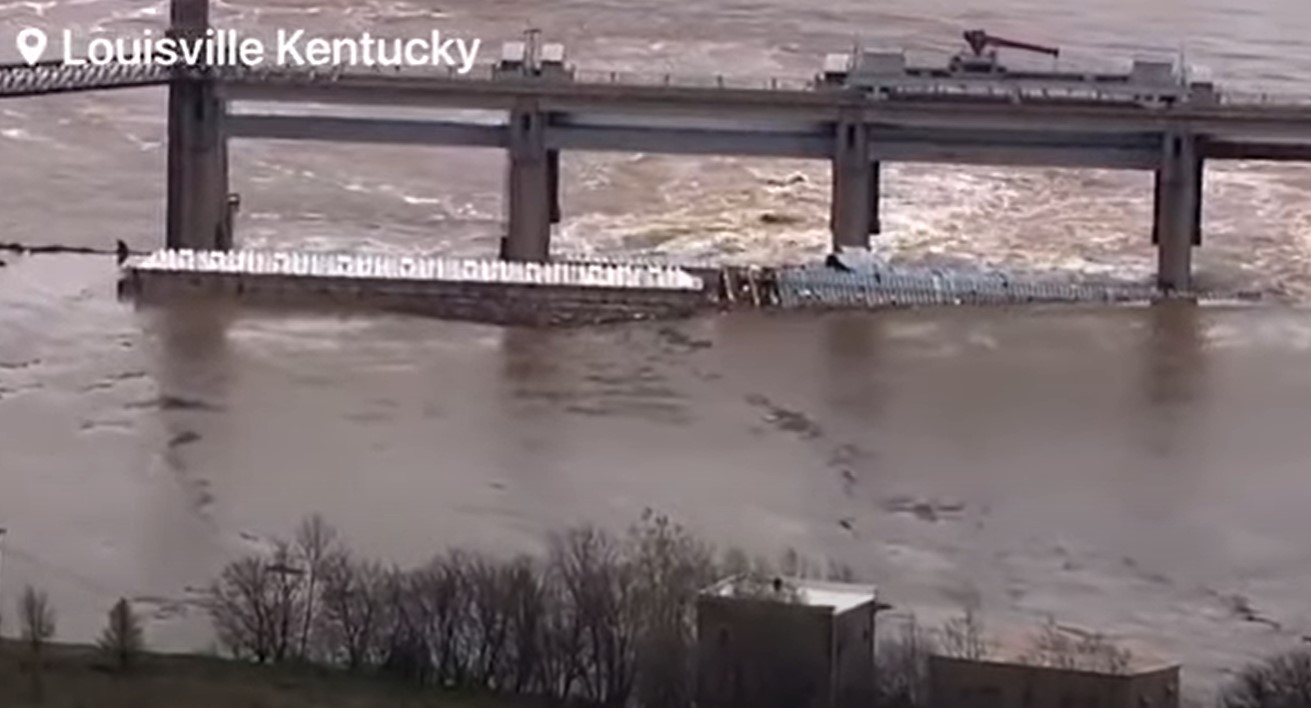
Tens of thousands of African elephants are under threat from plans for a massive new oilfield in one of the continent’s last great wildernesses, experts have warned.
Campaigners and conservationists fear the proposed oilfield stretching across Namibia and Botswana would devastate regional ecosystems and wildlife as well as local communities.
The plans are the latest threat to elephants in the region, hundreds of which have died mysteriously in the past year. Scientists are trying to find the cause of the deaths but believe they may be linked to a rising amount of toxic algae in their waterholes.
What is ReconAfrica?
“It is incomprehensible that ReconAfrica’s hunt for fossil fuels is going ahead,” said Rosemary Alles from Global March for Rhinos and Elephants. “Fewer than 450,000 elephants survive in Africa, down from millions not so long ago: 130,000 of these have established this region as a home range, and ReconAfrica’s misbegotten plans place them at direct risk.”
ReconAfrica, a Canadian oil and gas company, listed on stock exchanges in Canada, the US and Germany, has leased more than 34,000sq km of land in the Kavango Basin. Seismic exploratory work has begun, and experts say the new oil field could be one of the biggest of recent years. ReconAfrica estimates that the “potential oil generated” could be between 60 billion and 120 billion barrels – and be worth billions of dollars to the regional economy.
Water problem and environmental disturbance
The Namibian government said only exploratory licences had so far been granted which did not allow any production operations. It said the exploratory wells were not located in any “conservancy or environmentally sensitive area and will have no significant impact on our wildlife.”
But scientists, environmentalists and local communities say the project could jeopardise critical water supplies and threaten the Okavango Delta in Botswana, a huge pristine wilderness and World Heritage Site.
“Every element of this process – from new roads to drilling sites, refineries to terminals – will devastate the ecosystem and the local communities that depend on it for farming and fishing,” said Nnimmo Bassey, director at the Health of Mother Earth Foundation and chair of Oilwatch Africa. Alles said vibrations from exploratory work are known to disturb elephants, and the increase in construction, roads and traffic would not only drive the animals away but also open the area up to poachers.
“Especially when they have young, they avoid areas where there is any human activity, where there is noise and what they see as danger. This can drive them away from their ancient migratory routes and closer to villages and agricultural areas, leading to more human-elephant conflict.”
Alles added: “There’s a profound irony here. Here we are with hundreds of elephants dying from an algae bloom, and a few kilometres away they want to start drilling for yet more oil.”
More jobs for the region
ReconAfrica argues that the project will bring jobs and huge economic benefits to the region without harming the environment.
“We sincerely believe that the region’s stable energy industry can be developed in an environmentally and socially responsible manner that is accountable and supports the development and delivery of much-needed economic and social benefits, as well as funding investments in local wildlife and ecological conservation,” said a company spokesperson.
They said there were “measures in place” to address noise and vibration issues, adding that they had installed solar-powered community water wells, were using water-based, biodegradable and chloride-free drilling fluids and would use low-frequency equipment to “protect wildlife communications” They would not “operate at night, when elephants typically communicate”.
“We are committed to continuing to work closely with, and under the direct oversight of, the governments in both countries, as well as their regional and traditional authorities, to ensure we continue to comply with relevant laws and regulations throughout all the stages of our operation,” they added.
What do you think about this new project? Does searching for new oil wells at this time means searching for trouble for our nations and for the planet? Does it imply the death of all these elephants? I would simply not disturb the ecosystems of these majectic animals! [The Guardian]
Now subscribe to this blog to get more amazing news curated just for you right in your inbox on a daily basis (here an example of our new newsletter).
You can also follow us on Facebook and/ or Twitter. And, by the way you can also make a donation through Paypal. Thank you!
You should really subscribe to QFiles. You will get very interesting information about strange events around the world.














????????????
Elephants are great creatures. Who doesn’t love them? Never met anyone who didn’t like elephants. Perhaps they can herd them into a sanctuary?
Build the elephants a poacher free sanctuary. Do the right thing.